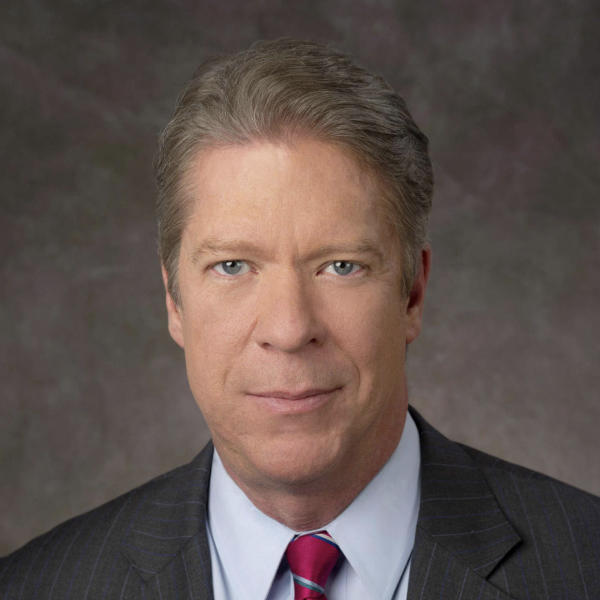Climate change: Think globally, act locally
This post originally appeared on National Journal.
You've heard the phrase a million times. It's become an environmental earworm.
Now, nearly 100 years after Patrick Geddes published Cities in Evolution, the book many assert gave rise to theconcept of "Think Globally, Act Locally," that phrase now may have actual, practical meaning.
Among the most interesting parts of the National Climate Assessment is its emphasis on what local and state governments can do to adapt to climate change and minimize its potential ravages.
Consider this section: "Building codes and landscaping ordinances could be updated to improve energy efficiency, conserve water supplies, protect against insects that spread disease (such as dengue fever), reduce susceptibility to heat stress, and improve protection against extreme events." The last time I checked, neither Congress nor the federal government determined building codes or reworked ordinance on local water supplies or energy efficiency.The report also emphasizes the need for "flexibility and resilience in the face of ongoing and future impacts." As anyone who has been through a catastrophic weather event can tell you, FEMA can help, but what cities and states must do in the immediate aftermath is be flexible and resilient. Neither are priorities in Washington just now. Not on climate change or anything else.
"The report does an excellent job of making the point that climate change is happening now," Jerry Melillo, lead author of the National Climate Assessment, told me. "It is not an issue you can think about 20 or 30 years into the future. All Americans in some way--either directly or indirectly--are currently being affected by climate change."
The report pays, as it must, proper deference to "international treaties" and new "federal" laws and "national strategies." But it is worth noting that this report--the most comprehensive of its kind--places no stress on new policy recommendations or laws. It does suggest cities and states get ahead of the game by judging the risks of climate change and acting accordingly.
Again, from the report: "Using scientific information to prepare for climate changes in advance can provide economic opportunities and proactively managing the risks can reduce impacts and costs over time."
It doesn't exactly scream, "Hey, you're on your own!" But it comes close.
President Obama has not touched climate-change legislation since the Senate refused to consider a House-passed bill in 2010 that increased carbon taxes. And Obama's not going to push for any new legislation to raise carbon taxes now.
"We've made clear that we are not pursuing that and have not and have no plans to," White House press secretary Jay Carney said Tuesday. "So I suppose that would make its vivaciousness a little limited here."
You've heard of death by a thousand cuts? Climate-change legislation died from limited vivaciousness. Talk about an invisible killer. Obama did, after months of election-year dithering, impose new regulations on future coal-fired power plants. The Environmental Protection Agency is preparing long-awaited limits on carbon-based emissions from existing coal-fired power plants. The Supreme Court recently upheld the administration's power to impose these new regulations under the Clean Air Act.
But that does not mean the industry will not fight the regulations in court or that congressional Republicans, deeply skeptical of climate science and a federal regulatory response, will not seek to delay or derail the new pollution limits. Republicans call the regulations job killers. They also consider them ineffective in a globalized economy where countries like China, India, and Brazil continue to belch out enormous amounts of carbon-based pollution.
In this, surprisingly, Melillo at least partially agrees.
"The solution to the climate-change problem is global," Melillo said. "We have to do what we can to make America secure and sustainable, but in order to address the root cause of the problem, the emission of greenhouse gases, countries like India, China, Brazil--they have to do their share as well."
The prospects of global action to reduce carbon-based pollution are as slim if not slimmer than congressional action. In the hierarchy of needs, developing economies like China, India, and Brazil have, at least so far, placed industrial and manufacturing growth over pollution control. That may change in the years to come, but the National Climate Assessment placed new emphasis on what states and cities can do to protect themselves and their residents.
As states and cities become more nimble and responsive laboratories of democracy, regulation, and taxation, perhaps the time has come for the climate-change debate to become much smaller, more local, and less attuned to grandiose aims.
And that might mean the death of the earworm but the rebirth of politically viable environmentalism.
